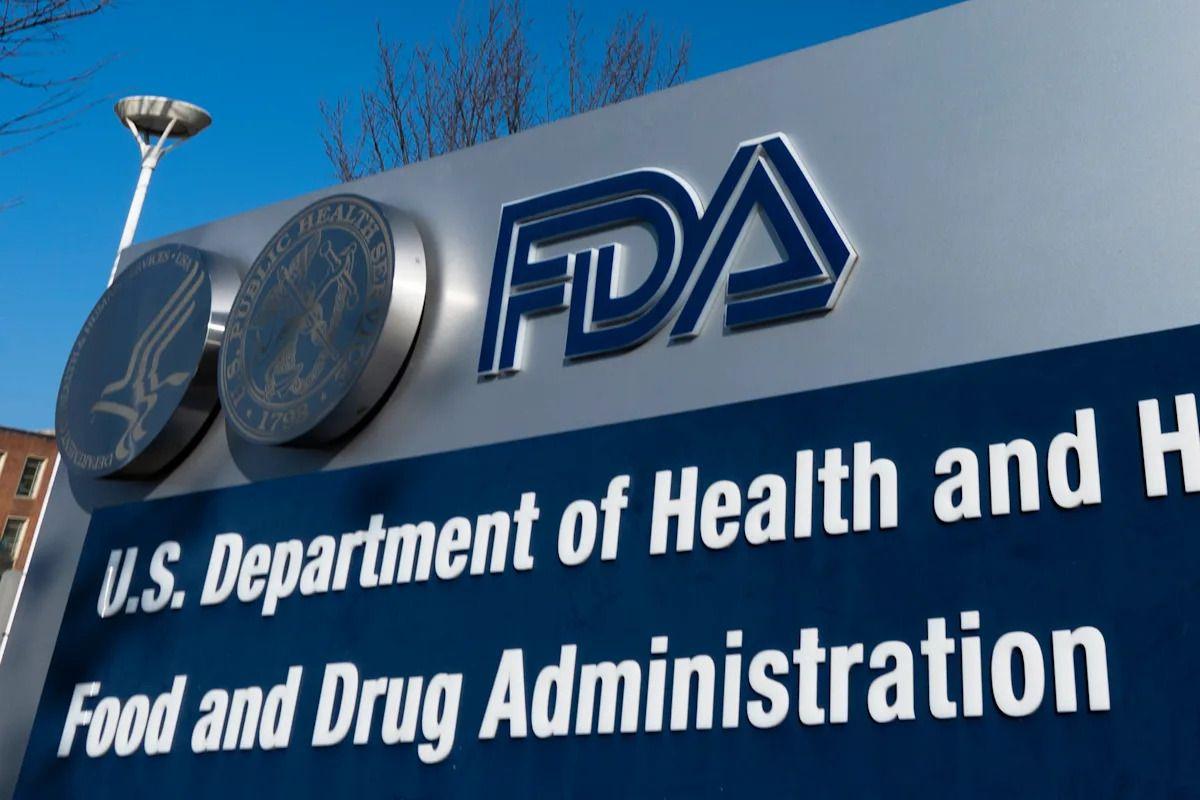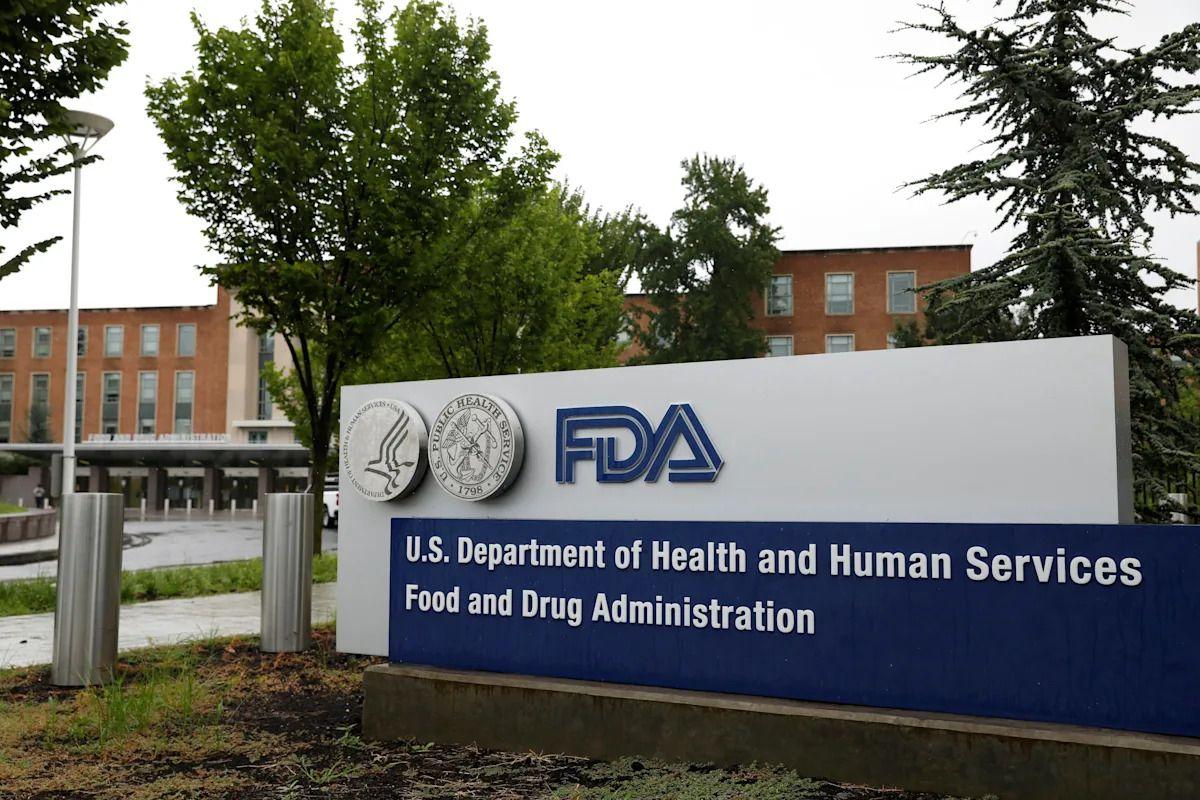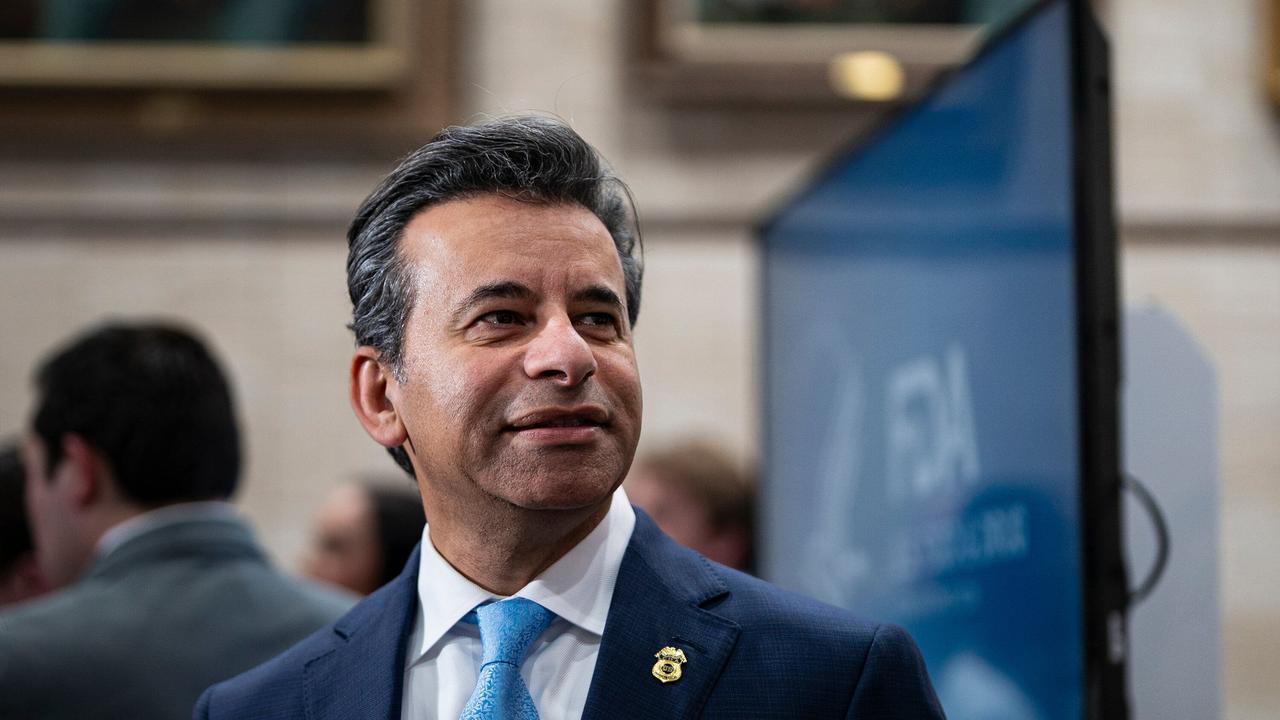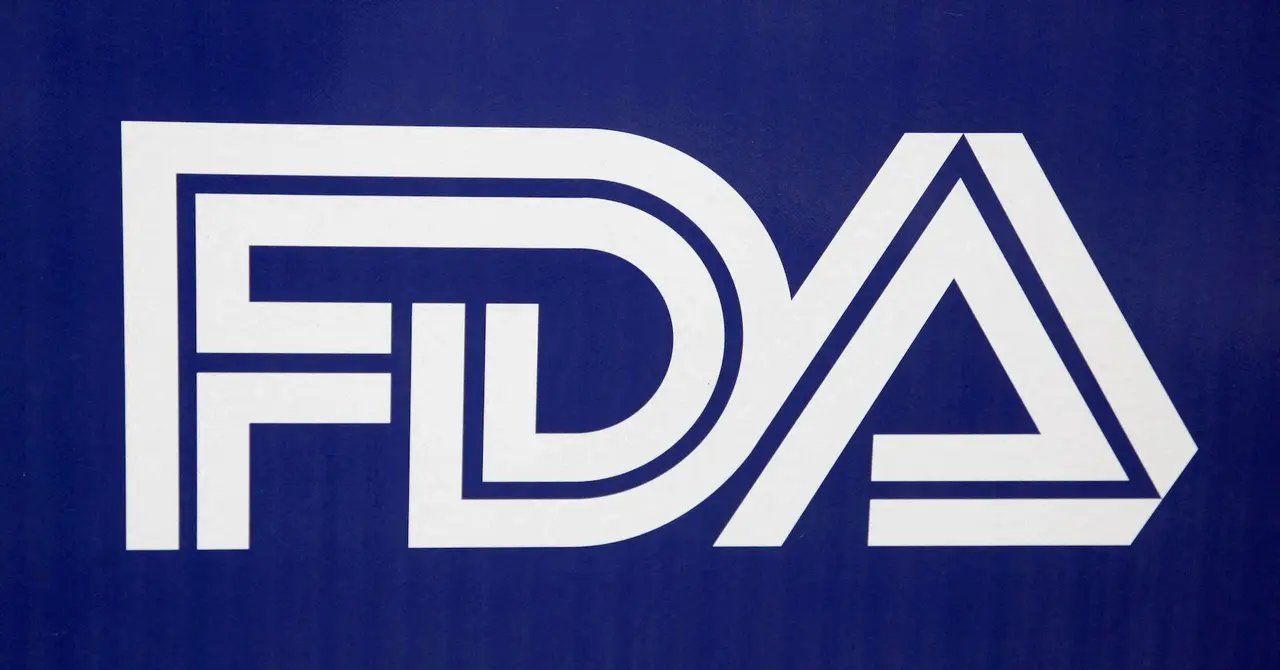FDA Launches AI Tool 'Elsa' to Streamline Operations, Sparking Efficiency Gains and Controversy
6 Sources
6 Sources
[1]
US FDA launches AI tool to reduce time taken for scientific reviews
June 2 (Reuters) - The U.S. Food and Drug Administration said on Monday that it had launched a generative AI tool, Elsa, aimed at improving efficiency across its operations, including scientific reviews. "Today's rollout of Elsa is ahead of schedule and under budget, thanks to the collaboration of our in-house experts across the centers," said FDA Commissioner Marty Makary. The agency said it is already using Elsa to expedite clinical protocol reviews, shorten the time needed for scientific evaluations, and pinpoint high-priority inspection targets. Once the FDA receives an application for a potential drug approval, it has six to 10 months to make a decision. Elsa assists with reading, writing, and summarizing tasks. It can summarize adverse events to support safety profile assessments of drugs and rapidly compare packaging inserts. "Elsa offers a secure platform for FDA employees to access internal documents while ensuring all information remains within the agency. The models do not train on data submitted by regulated industry, safeguarding the sensitive research and data handled by FDA staff," the FDA said. In May, the regulator said it would fully integrate AI by June 30, following an experimental run. Reporting by Puyaan Singh in Bengaluru; Editing by Mohammed Safi Shamsi Our Standards: The Thomson Reuters Trust Principles., opens new tab Suggested Topics:Healthcare & PharmaceuticalsRegulatory OversightApprovalsRegulatory
[2]
The FDA rolls out its own AI to speed up clinical reviews and scientific evaluations
The FDA has launched the generative AI tool, Elsa, agency-wide to help its employees with everything from clinical reviews to investigations. Sure, we're living in a time of widespread disinformation and pushbacks against science, but why not rush things through with AI? Elsa -- yes, weirdly like the snow queen from Frozen -- completed a "very successful pilot program with FDA's scientific reviewers." According to the FDA, the AI tool can help with reading, writing and summarizing everything from adverse events to assessments. Elsa can also do label comparisons and generate code. It's already being used to speed up clinical protocol reviews and scientific evaluations, along with finding "high-priority inspection targets." Elsa should be a secure platform, the FDA states. It's not clear how exactly the agency trained Elsa, but the FDA claims it's not through "data submitted by regulated industry." The information exists in Amazon Web Services' GovCloud that, again, should keep all information internal. The FDA calls Elsa the first step in its AI journey. "Today marks the dawn of the AI era at the FDA with the release of Elsa, AI is no longer a distant promise but a dynamic force enhancing and optimizing the performance and potential of every employee," said FDA Chief AI Officer Jeremy Walsh. "As we learn how employees are using the tool, our development team will be able to add capabilities and grow with the needs of employees and the agency."
[3]
FDA claims victory with Elsa rollout, but insiders say the AI tool is half-baked
Why it matters: It was only a matter of time before governments jumped aboard the AI hype train. The US government has a lousy track record when it comes to rolling out tech projects - remember the Affordable Care Act website fiasco? Now, it is launching a new LLM, and early signs suggest the tool is rushed and unfinished. The Food and Drug Administration has officially launched "Elsa," a generative artificial intelligence platform designed to help staff across the agency work more efficiently. However, internal critics argue the rollout moved too quickly and say the tool, in its current state, is underwhelming. The agency framed the release as a leap toward modernization. Built on Amazon's secure GovCloud platform, Elsa analyzes internal data, generates summaries, drafts emails, and assists with document reviews. Commissioner Marty Makary was quick to pat FDA developers on the back for completing the project "ahead of schedule and under budget," touting the administration as a leader among federal agencies deploying artificial intelligence. "Following a very successful pilot program with FDA's scientific reviewers, I set an aggressive timeline to scale AI agency-wide by June 30," Makary said. "Today's rollout of Elsa is ahead of schedule and under budget, thanks to the collaboration of our in-house experts across the centers." According to the FDA's announcement, Elsa already handles tasks like comparing clinical trial protocols and flagging anomalies in inspection reports. The agency claims that since testing began in January, FDA staff have used the tool thousands of times. However, internal confidence in Elsa falls short of the agency's claims. NBC News reports that employees who have used Elsa describe it as buggy and barely able to complete simple tasks. One internal email said the system "couldn't do basic things like copy and paste or open hyperlinks." Some staff expressed frustration with the agency's aggressive timeline. Sources told Stat News that the public announcement blindsided the internal team managing Elsa, forcing them to scramble and finalize details management had never communicated to staff. One person called the reveal "premature," saying the launch felt more like a PR stunt than a practical milestone. Makary acknowledged the project won't be perfect at launch. In an interview with Stat, he said Elsa will evolve through user feedback and gradual improvements. "This is a journey," he said. "Elsa today is going to be different than Elsa in six months." Still, some staff question why the FDA greenlit a public debut before the tool passed basic usability tests. The timing raised concerns that internal transparency took a backseat to a political win - especially as the agency aims to appear forward-looking amid growing public scrutiny over its regulatory pace. Elsa is restricted to FDA employees and does not train on data from regulated companies. Officials say they will monitor its use to prevent bias and misinformation, but critics argue that oversight mechanisms were vague or missing in early rollout communications. Whether Elsa becomes a powerful productivity tool or just another flashy federal tech project that fizzles will likely depend on what happens next - and how much the agency listens to its employees. Given the government's long history of stumbling through tech rollouts, the road ahead looks anything but guaranteed.
[4]
US Food and Drug Administration Launches AI Platform to 'Modernize' Agency - Decrypt
This marks the first of several AI initiatives as the FDA transforms its internal operations. A scientific reviewer at the U.S. Food and Drug Administration once took three days to complete a task. With a new AI assistant, it now takes six minutes. That's just one example FDA Commissioner Marty Makary gave Monday as the agency officially launched Elsa, a generative AI platform designed to overhaul how the FDA handles internal workflows, ranging from drug safety evaluations to inspection targeting. He said the agency-wide rollout beat its original June 30 deadline and came in under budget. "Today, the FDA has launched a new AI tool, agency-wide, called Elsa, to modernize how the agency functions," Makary said in a video announcement. "We met that goal ahead of schedule and under budget, thanks to the willingness and collaboration of our in-house scientific leaders across the centers." The commissioner said Elsa is a secure, internal artificial intelligence assistant hosted in the FDA's GovCloud environment, according to the agency statement. It can summarize adverse event reports, compare drug labels, generate code for nonclinical databases, and help inspectors identify high-risk sites. "All information stays within the agency, and the AI models are not being trained on data submitted by the industry," Makary noted. Chief AI Officer Jeremy Walsh called Elsa's launch "the dawn of the AI era at the FDA," noting "AI is no longer a distant promise but a dynamic force enhancing and optimizing the performance and potential of every employee." The FDA plans to expand Elsa's role into data automation and generative artificial intelligence as the tool matures. Makary said Elsa marks the first of several upcoming AI initiatives as the agency works to "rapidly transform" internal operations and better serve the public. The FDA's rollout follows a larger push by the federal government to integrate artificial intelligence into core operations. In April, the White House issued new guidance requiring agencies to assign AI leadership roles and craft internal policies for managing high-risk uses of AI. As federal institutions begin to scale AI internally, private-sector leaders are envisioning how the same technologies could reshape the structure of business itself. At the Bitcoin 2025 conference in Las Vegas, Robinhood CEO Vlad Tenev predicted a future of AI-powered solo ventures -- lean, self-operating companies enabled by generative tools. "I think you'll have more single-person companies, and you have to imagine that they'll be tokenized, and they'll trade on blockchains -- just like other assets," Tenev said.
[5]
US FDA Launches AI Tool to Reduce Time Taken for Scientific Reviews
(Reuters) -The U.S. Food and Drug Administration said on Monday that it had launched a generative AI tool, Elsa, aimed at improving efficiency across its operations, including scientific reviews. "Today's rollout of Elsa is ahead of schedule and under budget, thanks to the collaboration of our in-house experts across the centers," said FDA Commissioner Marty Makary. The agency said it is already using Elsa to expedite clinical protocol reviews, shorten the time needed for scientific evaluations, and pinpoint high-priority inspection targets. Once the FDA receives an application for a potential drug approval, it has six to 10 months to make a decision. Elsa assists with reading, writing, and summarizing tasks. It can summarize adverse events to support safety profile assessments of drugs and rapidly compare packaging inserts. "Elsa offers a secure platform for FDA employees to access internal documents while ensuring all information remains within the agency. The models do not train on data submitted by regulated industry, safeguarding the sensitive research and data handled by FDA staff," the FDA said. In May, the regulator said it would fully integrate AI by June 30, following an experimental run. (Reporting by Puyaan Singh in Bengaluru; Editing by Mohammed Safi Shamsi)
[6]
US FDA launches AI tool to reduce time taken for scientific reviews
(Reuters) -The U.S. Food and Drug Administration said on Monday that it had launched a generative AI tool, Elsa, aimed at improving efficiency across its operations, including scientific reviews. "Today's rollout of Elsa is ahead of schedule and under budget, thanks to the collaboration of our in-house experts across the centers," said FDA Commissioner Marty Makary. The agency said it is already using Elsa to expedite clinical protocol reviews, shorten the time needed for scientific evaluations, and pinpoint high-priority inspection targets. Once the FDA receives an application for a potential drug approval, it has six to 10 months to make a decision. Elsa assists with reading, writing, and summarizing tasks. It can summarize adverse events to support safety profile assessments of drugs and rapidly compare packaging inserts. "Elsa offers a secure platform for FDA employees to access internal documents while ensuring all information remains within the agency. The models do not train on data submitted by regulated industry, safeguarding the sensitive research and data handled by FDA staff," the FDA said. In May, the regulator said it would fully integrate AI by June 30, following an experimental run. (Reporting by Puyaan Singh in Bengaluru; Editing by Mohammed Safi Shamsi)
Share
Share
Copy Link
The FDA has rolled out a new AI tool called Elsa to improve efficiency in scientific reviews and other operations, but the launch has been met with mixed reactions from staff and critics.
FDA Introduces AI Tool 'Elsa' to Modernize Operations
The U.S. Food and Drug Administration (FDA) has officially launched a generative AI tool named Elsa, aimed at improving efficiency across its operations, including scientific reviews
1
. FDA Commissioner Marty Makary announced that the rollout was completed ahead of schedule and under budget, marking a significant step in the agency's AI journey2
.
Source: Engadget
Elsa's Capabilities and Implementation
Elsa is designed to assist FDA staff with various tasks, including:
- Expediting clinical protocol reviews
- Shortening scientific evaluation times
- Identifying high-priority inspection targets
- Summarizing adverse events for drug safety assessments
- Comparing packaging inserts
- Generating code for nonclinical databases
1
4
The AI tool is built on Amazon's secure GovCloud platform and is restricted to FDA employees. The agency emphasizes that Elsa does not train on data submitted by regulated industries, ensuring the protection of sensitive information
3
.Efficiency Gains and Potential Impact
The FDA claims that Elsa has already demonstrated significant time-saving capabilities. In one instance, a task that previously took a scientific reviewer three days to complete can now be accomplished in just six minutes using the AI assistant
4
. This efficiency boost could potentially reduce the FDA's decision-making timeline for drug approvals, which currently ranges from six to 10 months1
.Controversy and Criticism

Source: Decrypt
Despite the FDA's optimistic outlook, the launch of Elsa has not been without controversy:
- Internal critics argue that the rollout was rushed, with some employees describing the tool as buggy and unable to perform basic tasks
3
. - There are concerns about the lack of internal transparency, with some staff members feeling blindsided by the public announcement
3
. - Questions have been raised about the oversight mechanisms in place to prevent bias and misinformation
3
.
Related Stories
Future Plans and Implications
The FDA views Elsa as the first step in a series of AI initiatives aimed at transforming its internal operations. Chief AI Officer Jeremy Walsh described the launch as "the dawn of the AI era at the FDA"
4
. As the tool matures, the agency plans to expand its role into data automation and more advanced generative AI applications4
.Broader Context of AI in Government
Elsa's launch aligns with a larger push by the federal government to integrate AI into core operations. In April, the White House issued guidance requiring agencies to assign AI leadership roles and develop policies for managing high-risk AI uses
4
. This move reflects the growing recognition of AI's potential to reshape both public and private sector operations.
Source: TechSpot
As the FDA continues to refine and expand Elsa's capabilities, the success of this initiative could have far-reaching implications for the future of regulatory processes and the adoption of AI in government agencies.
References
Summarized by
Navi
Related Stories
FDA's AI Tool 'Elsa' Raises Concerns Over Hallucinations and Accuracy in Drug Approval Process
24 Jul 2025•Policy and Regulation

FDA Embraces AI to Accelerate Drug Approvals and Enhance Efficiency
11 Jun 2025•Health

FDA and OpenAI Explore AI Integration for Accelerating Drug Evaluations
08 May 2025•Health

Recent Highlights
1
Google Gemini 3.1 Pro doubles reasoning score, beats rivals in key AI benchmarks
Technology

2
Meta strikes up to $100 billion AI chips deal with AMD, could acquire 10% stake in chipmaker
Technology

3
Pentagon threatens Anthropic with supply chain risk label over AI safeguards for military use
Policy and Regulation





